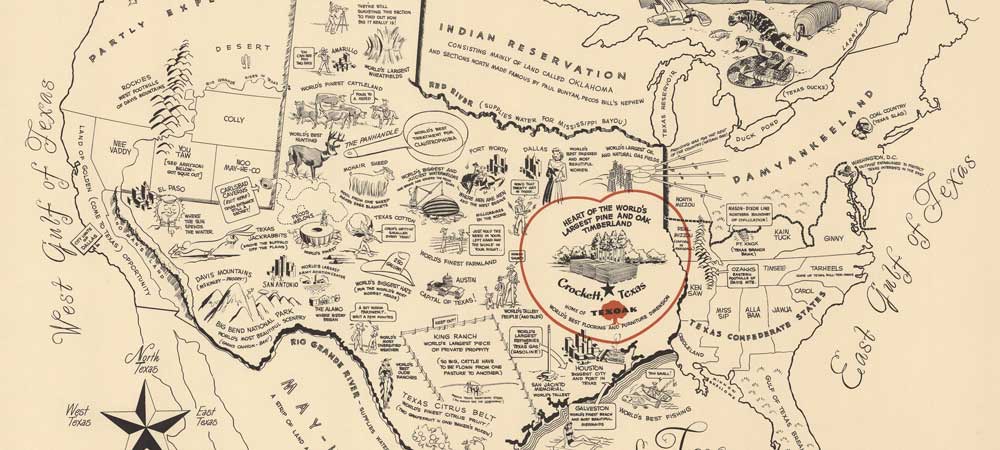- HB 1275 would tax each wager at a rate of 6.25 percent.
- Texas would have an effective sports betting tax of nearly three times what Pennsylvania collects.
- With a 36% tax on revenue, PA currently has the highest rate of sportsbook taxation on earth.
AUSTIN, Texas – Though Texas is not considered likely to legalize sports betting any time soon, there is one such bill making the rounds in Congress.
Introduced on February 1 by Rep. Eddie Lucio, III (D-38), House Bill 1275 is currently in committee (Licensing & Administrative Procedures).
HB 1275 is akin to many other state proposals. It bars wagering on Texas-based college teams, establishes a $250,000 licensing fee for sportsbooks, and authorizes statewide online betting.
But the bill also includes one particularly unique method of state revenue generation: a sales tax.
Section 2005.108 of HB 1275 includes the following:
“TAX; USE OF TAX REVENUE. (a) A tax of 6.25 percent is imposed on each bet placed by a sports bettor under this chapter. The tax is to be collected by the permit holder at the time the bet is placed.”
The proposal does not establish any other tax mechanism.
In other words, Texas sportsbooks would not pay any taxes on their gross revenue. They would simply hold the sales tax associated with each wager and deposit it to the state on a monthly basis.
But it’s still an outlandishly burdensome charge, and it’s unlikely to gain any real traction.
To understand what a 6.25 percent sales tax on sports bets means for the individual gambler, consider the following:
Let’s say Hank places a bet at -110 odds on the Cowboys to cover against the Redskins. If Hank lays down $100 and the Cowboys cover, he wins $91 (plus his initial risk, for a total return of $191). If Hank loses that bet, he gets nothing.
The book makes its payouts, keeps about 6 percent of all wagers as its take, and pays a given tax to the state on that revenue. That’s how just about every sportsbook on the planet operates.
The highest tax rate in the world for sports betting is found in Pennsylvania, which takes 36 percent of book revenue. The books there typically hold six percent of wagers. This equates to an effective tax of just under 2.2 percent of handle.
Because the Texas bill would tax each wager as it’s placed, it is effectively a tax on handle.
Thus, HB 1275 would tax sports betting at a rate nearly three times higher than the highest such rate on the planet!
And that’s before factoring in the juice, or house take, that a sportsbook needs to collect to keep its operations afloat. A sportsbook is usually considered successful if it keeps about six percent of its total handle.
If a book has to earn six percent to stay in business and also has to charge bettors a 6.25 percent sales tax, each bet at that book will have to be fully double what it costs anywhere else.
For Hank, that means his $100 wager on the Cowboys is now placed at -120 odds (or worse). If he wins the bet, he gets $83 (plus his initial risk, for a total return of $183).
In that case, Hank will simply use an offshore sportsbook for legal sports betting where he gets -105 to -110 odds, wins more money on every wager, and pays no sales taxes.
Everything’s bigger in taxes!
Advertising Disclosure
In order to provide you with the best independent sports betting news and content LegalSportsBetting.com may receive a commission from partners when you make a purchase through a link on our site.
News tags: Rep. Eddie Lucio | Texas | TX HB 1275

Andy has been writing professionally for nearly two decades, with the last three years being dedicated to his primary passions: sports wagering news and gambling industry analyses. A walk-on punter, Andy has a particular interest in professional football, baseball, and horse racing betting. Come early May, you can always catch Andy – clad in all white, mint julep in hand – on Millionaires Row at Churchill Downs. In his dreams.


 Bitcoin Sports Betting Sites
Bitcoin Sports Betting Sites Best Online Sports Betting
Best Online Sports Betting Famous Sports Bettors
Famous Sports Bettors States With Legal Sports Betting
States With Legal Sports Betting Sports Betting Events
Sports Betting Events




